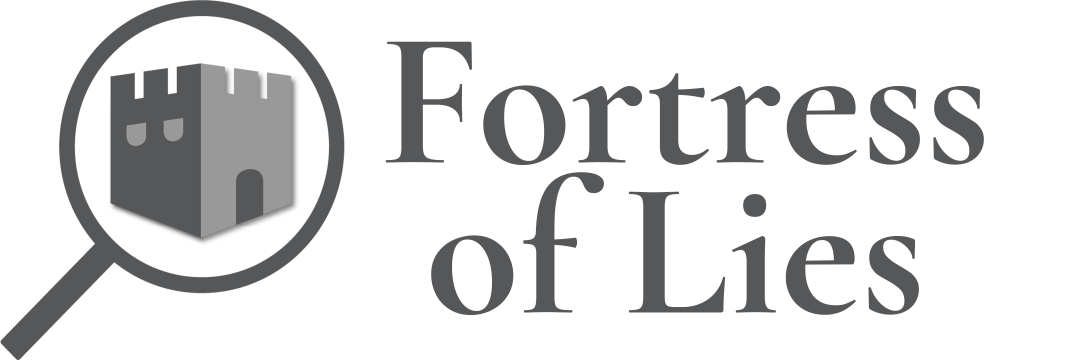Conventionally a Poison Healer is allowed to change targets which implies it’s not immediate, but for sake of this example, assume it’s not an immediate version.
Another way of looking this situation is like this: “day phases are just like night phases, except players can talk, and some actions require immediate attention”.
Sidetrack: The reason why I don’t use “day roleblocks” is because they are useless if the setup itself is not focused on day abilities. Most day abilities are like dayvig: you shoot a player and that player dies. What good does a roleblock do in these situations? It’s not as if you can undo the shot.
if your night action is to roleblock players for the following day then it’d work, but an instantly resolving day roleblock would be one of those “who submits faster” things or “okay they both pre-subbed it, now what”
So basically you just have to deal this the same way you deal with night actions: Changing is allowed until action deadline.
…I just realized this also goes the other way around. Case in point: FAM4 when I made the modpost at night phase before I died.
Yeah I mean the context here is I’m trying to decompose mafia conventions into abstractions. Like instead of thinking Day and Night as these unique things, think of them as instantiations of a Phase with different properties e.g. you can speak during the Day. Non-Immediate Actions resolve at the end of each Phase (whether its Day or Night). So if a Poison Heal Day Action is non-immediate, how does the timing work with the elimination?
Further context here is there was a similar situation in FAM 4 where we had to ask ourselves exactly when “at the end of [Phase]” happens relative to both the elimination and night actions so I’m trying to come with a consistent framework for handling it since I didn’t have a great answer then and just had to go off vibes in each instance.
Mmn! Mmn! Yes! This is what I mean! This is good!
Usually I do the reverse, letting the players use day actions of which the effects appear on the following night, but the other way around is also true!
(Well. I guess I have made both types of roles now that I think about it. Siren Barista predicts their night visitors at day phase, while the latter is typically used for vote-related abilities.)
Same way you process kills: Death goes last. Most work gets executed before you die.
I say “most work”, because in NAR if there is an action conflict, then kills goes second-to-last while investigations go last.
Actually, this would bring up a funny thought.
If an investigator (e.g., alignment cop) were to check another player on the same night the investigator would get killed, would they still receive their feedback?
(I guess so. NAR only holds up if there is an action conflict after all. Otherwise, if you only follow the ordering that is used at NAR, then it wouldn’t be NAR, but rather LAR; linear action resolution.)
a doctor wouldn’t be stopped from doing the same thing if they were shot at night
Okay folks, where do I start in my journey of making 20+ setups?
didn’t we actually discuss this once and the answer is kills don’t cancel investigative feedback as a special ruling for most resolutions
(Yes. That is indeed what I said.)
Sorry, sorry. I forgot! (ノ≧ڡ≦) Teehee~!
usually i rule that, at night, death does not stop actions
this does not apply to immedaite actions but id say it applies to eod actions?
are you asking for intuitions or for carefully justified reasoning, because my intuition is that the heal works but I’m not sure if I can justify it
i also usually rule that the “You have died!” feedback overrides anything
this is only relevant for dead interaction, though
this is also exclusively in Virtuous
a problem comes up if you say “what if they wanted to submit after they died because they didn’t have a chance earlier” though
*nods*
I agree that it is only important when dead interactions is relevant. Though I disagree of having the death notification override all other feedbacks.
